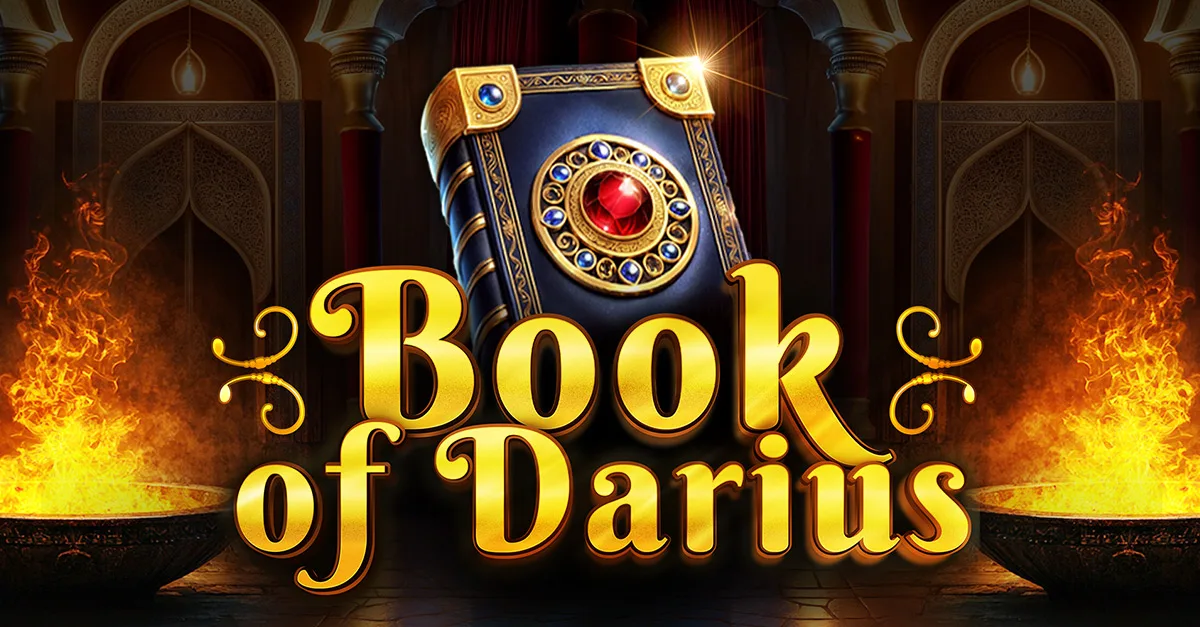Traditional markets such as sports betting and casinos have become oversaturated. Therefore, it is crucial for companies to explore new sectors that offer untapped potential. Here are three emerging segments worth considering.
Esports Betting
Esports has its roots in the 1980s when Atari hosted the first gaming championship for Space Invaders in the United States. Today, it has evolved into a multi-million-dollar global industry with professional players and massive audiences. Popular games like League of Legends attract up to 27 million players daily, while titles such as StarCraft II, Dota 2, and Counter-Strike 2 continue to captivate millions worldwide.
With competition comes betting. Alongside dedicated esports betting platforms, many traditional bookmakers have introduced odds on professional matches, leading to the rise of esports-affiliated companies. Affiliate programs often include customer acquisition fees and a percentage of player losses.
The growth of esports betting has been driven by platforms like DotaLounge.com and CSGOLounge.com, where users place real-money bets on matches, as well as streaming services like Twitch. According to forecasts by Eilers Research, esports betting was projected to reach $23.5 billion by 2020, up from $250 million in 2015. Pioneers in this sector, such as Pinnacle Sports, had already hit the $1 million mark in total bets as early as 2014.
Esports betting websites, which provide match previews and bookmaker reviews, have gained significant traction. Operators looking to enter this space should recognize that audiences for different games vary greatly. Fans of one title may not necessarily be interested in another, making it essential to tailor content accordingly.
Although esports may seem complex to outsiders, companies should not underestimate the knowledge and passion of their audience. The majority of esports enthusiasts are in their 20s and are not traditional gamblers, meaning they often do not have accounts with standard betting sites. As streaming platforms continue to draw in new audiences, the potential for esports betting remains substantial.
Bitcoin Gambling
It is often cited that nearly half of all Bitcoin transactions globally are related to gambling. While the accuracy of this claim is debatable, the rise of cryptocurrency gambling platforms cannot be ignored. Hundreds of online gambling operators now specialize in Bitcoin and other cryptocurrencies, offering users anonymity, instant deposits and withdrawals, and provably fair gaming.
Bitcoin gambling continues to attract affiliates, though the sector remains underdeveloped compared to traditional real-money gambling. Due to the anonymous nature of Bitcoin transactions, affiliate programs based on customer acquisition can be easily manipulated, making revenue-sharing models a more viable alternative.
In this model, affiliates earn a percentage of a player’s losses based on their betting volume. The absence of KYC (Know Your Customer) requirements also streamlines the conversion process, reducing the drop-off rate common in fiat gambling sites. Additionally, commissions are often paid in real time, eliminating the need to wait until the end of the month.
Security concerns are another hurdle. Cryptocurrency wallets can be hacked, leading to the loss of funds. However, as the industry matures, more operators are refining their affiliate programs and integrating robust security measures to foster growth in this niche.
Daily Fantasy Sports (DFS)
Daily Fantasy Sports (DFS) has rapidly expanded in the U.S., introducing formats that last for a day or a week rather than an entire season. Although the industry has faced legal challenges in multiple states, DFS companies are now emerging in Europe. In the UK alone, around five million people play fantasy football, with 3.5 million participating in free-to-play Premier League contests—indicating strong demand.
The rise of fantasy football has led to the development of websites and blogs offering team selection advice, injury updates, and transfer rumors. Many of these sites already display bookmaker advertisements, making them prime candidates for DFS affiliate partnerships.
Leading U.S. DFS platforms are now expanding into the UK market. DraftKings, after securing a gambling software license, is set to launch operations in the region, while FanDuel has also expressed its intention to enter the market. However, the well-established UK sports betting sector presents a challenge, as traditional wagering is already deeply ingrained in the culture.
Unlike in the U.S., where DFS serves as an alternative to sports betting, UK players already have access to real-time wagering options. This raises questions about the long-term viability of DFS in the region. However, if major operators can leverage strong marketing strategies to convert traditional fantasy football players and attract bettors, DFS could carve out a significant niche.
With the potential to expand beyond football into sports like rugby and cricket, DFS could create new affiliate opportunities. If successfully marketed, it has the capacity to gain momentum and become a key player in the broader gambling ecosystem.
Conclusion
While traditional gambling markets remain competitive, emerging segments like esports betting, Bitcoin gambling, and DFS present fresh opportunities. Companies willing to explore these areas can capitalize on growing audiences and evolving betting habits, positioning themselves ahead of industry trends.
Read more: Most Popular Competitive Mobile Games

















